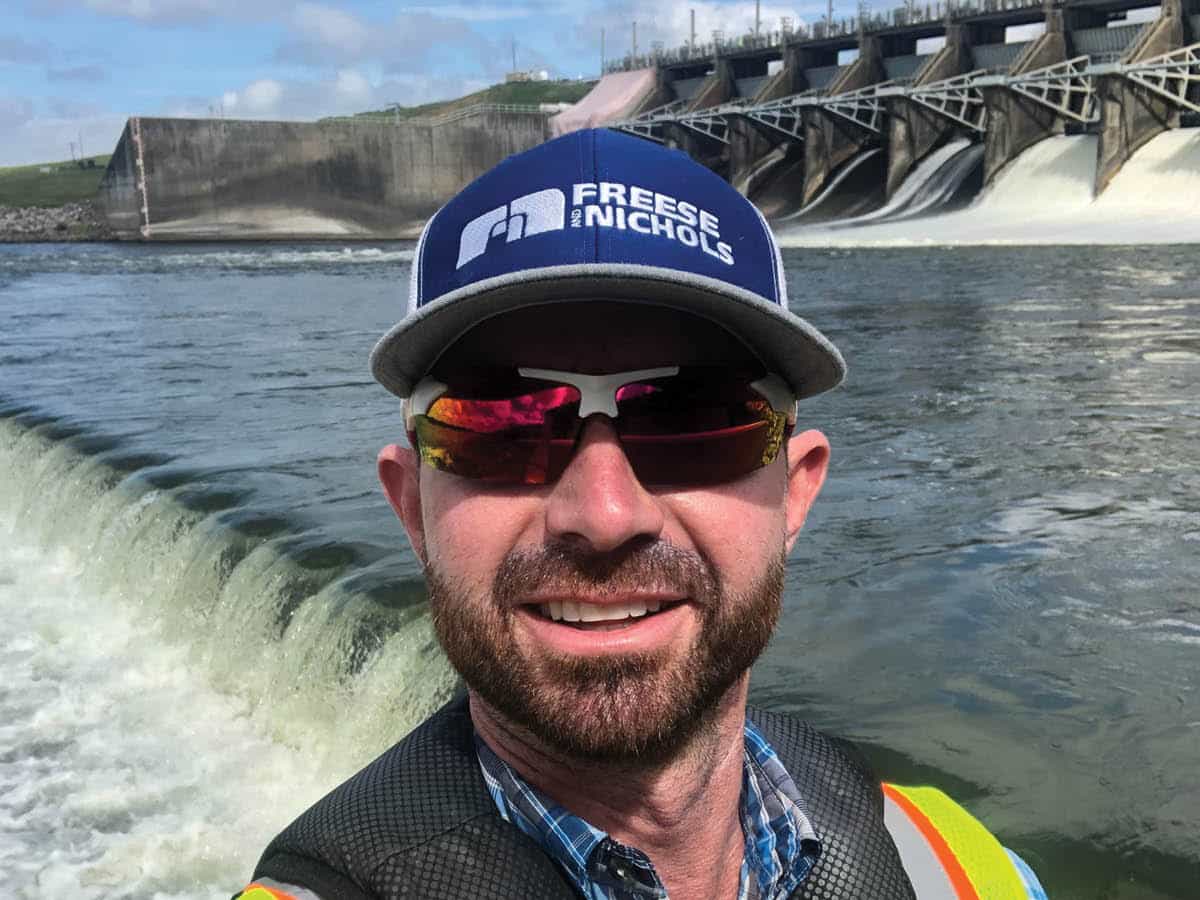
Ryan Fikes, CERP
Environmental Scientist and Coastal Ecologist
Ryan Fikes knew from an early age that he wanted to work outdoors. As a kid, he remembers going on summer vacations to the Texas coast.
“My Dad was an avid fisherman. From about a year old I was being pulled behind him in a tube,” he said. “I got really comfortable being in nature and around wildlife and doing those kinds of things. It always stuck with me. I didn’t always know I wanted it to be coastal, but I knew I was going to do something outdoors.”
As an undergraduate studying marine biology at Texas A&M Corpus Christi, Ryan realized that he didn’t want to go the traditional route.
“I traditionally thought what a marine biologist did was to get out there and work with whales and be scuba diving like Sylvia Earle,” he said. “I knew early on that I was most likely going to be a coastal ecologist. I went to grad school and started working on marine plants and got really fascinated with the rocky intertidal and working in the coastal landscape from wet to dry.”
Ryan joined Freese and Nichols three years ago as an Environmental Scientist & Coastal Ecologist. He assists in the planning and delivery of nature-based features for coastal protection, restoration, and resilience. Ryan also provides scientific and technical expertise on coastal and environmental practice projects and develops grant writing opportunities with clients with the intent of project development.
“There are real opportunities to work in an interdisciplinary way here at Freese and Nichols. We have such a broad breadth and depth of resources.”
Ryan earned his certification as a Certified Ecological Restoration Practitioner (CERP) from the Society For Ecological Restoration (SER). He serves as the Central Texas Regional Representative on the Board of Directors of the Texas Chapter of SER, is active in the international SER organization, and sits on numerous committees with other organizations, including the Texas General Land Office.
What type of projects do you typically work on?
I’m a coastal scientist, by training, and my experience has focused on coastal ecosystem restoration across a number of habitats. I’m working on the natural environment versus the built environment for the type of projects I do here at Freese and Nichols. That could be delineating wetlands, designing living shoreline projects, and working on stream restoration as part of environmental remediation actions.
One of the biggest projects I’m working on right now is a remediation project along the Texas coast. We’re basically restoring 4 miles of an impounded Creek system by removing plastics-contaminated sediment, then coming back in and restoring it with clean soils and native plant species.
I also provide support services and coastal staff augmentation for clients. Coastal staff augmentation includes working with counties in Texas and parishes in Louisiana that don’t have the staffing to go after complicated coastal grants. I give them additional support for their staff, lead grant development, and then write Freese and Nichols into those proposals. So, if they get successful applications, then we win the work on the design and engineering.
What drew you to environmental science?
There have been a lot of fun twists and turns in my career, which I don’t take for granted. My degrees are both in marine biology and I’ve had an interest in nature since I was a kid. I always knew I wanted to work in the natural world.
I had a great opportunity to work for a non-profit organization that was looking for someone who had a range of experiences on the Gulf Coast. I served as Deputy Director for six years and got to manage a federal partnership to put community-based habitat restoration projects on the ground. I worked in all five Gulf States, Puerto Rico, and the Virgin Islands where I got to help typically underrepresented communities obtain $50,000-to-$100,000 worth of federal money and teach them about the importance of the environment. After six years, I realized I wanted to start making bigger impacts.
I ended up taking a position at the National Wildlife Federation, and they built that team because the Deepwater Horizon oil spill had just happened. I spent seven years reviewing, analyzing, and framing large scale ecosystem restoration projects that were funded with Deepwater Horizon money. But as part of that, the projects became so big, and I was working at such a high elevation, that I started to miss working on the ground with clients and projects.
The more I looked into Freese and Nichols, I saw there was an opportunity to work across a large landscape of state and regions and project types and still get to be connected through my project management role. I have been here for three years and have worked on at least 20 projects in some way, shape, or form. I like that diversity.
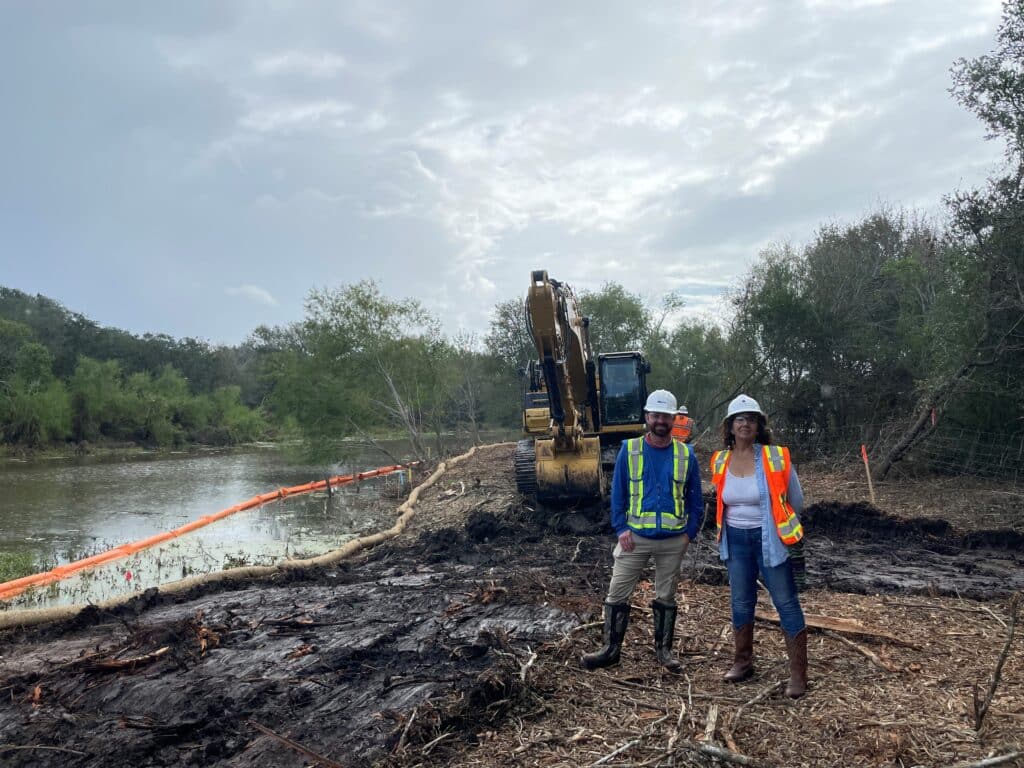
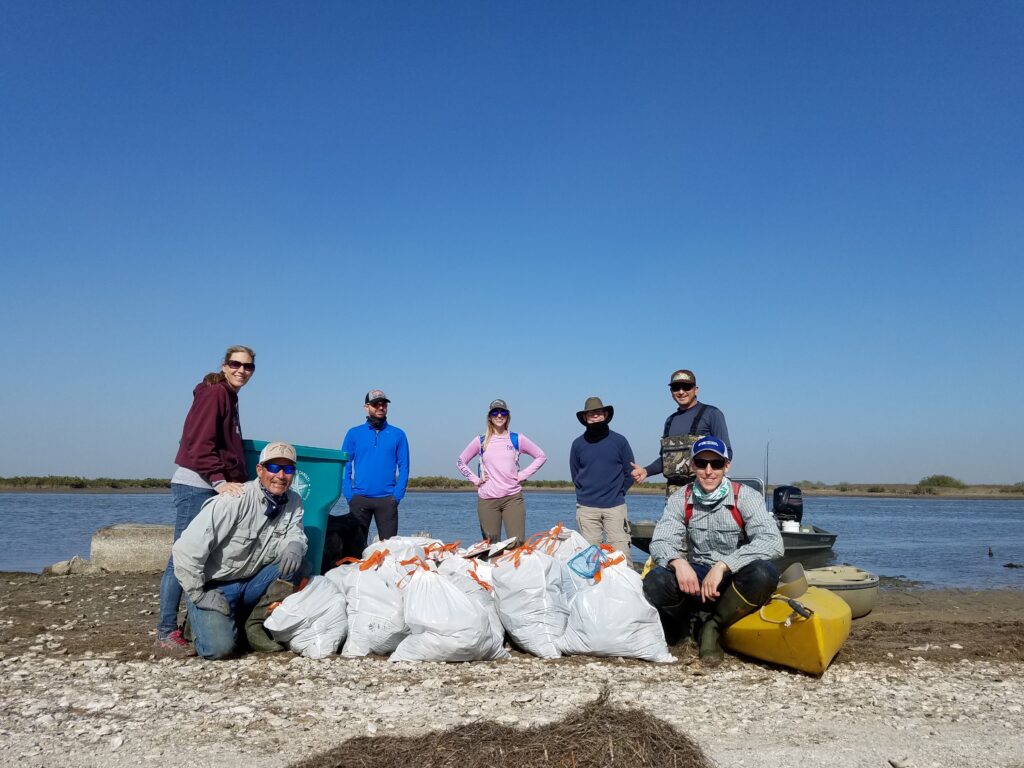
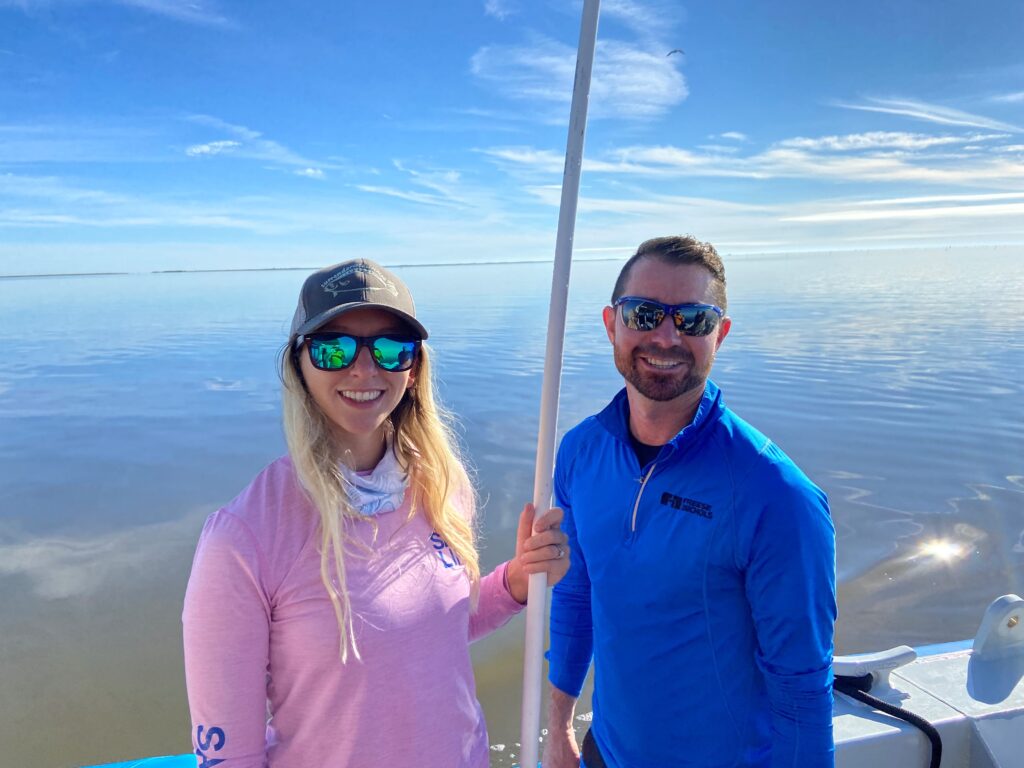
What does “Deliver Quality” mean to you in your role at FNI?
I think “quality” can be seen in a lot of different ways. For me, especially in environmental, it means that I’m staying true to my values and that I’m producing a very high-quality top-notch product. But I’m not sacrificing my professional ethics or the science behind the work that I’m doing for the client, and they typically appreciate that.
What is the most rewarding part of your job?
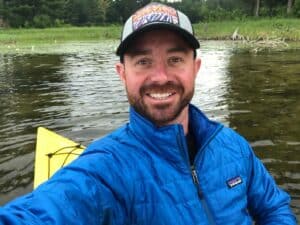
The most rewarding part of my job is getting to be out there with the client when they’re seeing the new plants go into the ground, and having the opportunity to see a project from conceptualization through completion. Or sending an email to a client saying I just got you $2.5 million for a project they’ve been dreaming of for five years, but didn’t know how to get the money. Those are the exciting things for me!
What’s your favorite part about working at Freese and Nichols?
I have the flexibility to work on so many different things and I have the support from my team and the company to grow in just about any direction. At Freese and Nichols we have such a broad set of skills. We’re so multidisciplinary that it opens up many opportunities for the types of projects I want to work on.
What are your some of your favorite times spent with your colleagues?
On one of our projects along the coast, we have employees come out for one week at a time. They stay overnight at what we call Camp FNI (Freese and Nichols), which is an 11-room compound that we’ve rented out for a year. I tried to make it familial. We bought a bunch of Adirondack chairs and put a fire pit out there. So, after a long 10-hour workday, sitting out there lighting a campfire, having a cold beer, and sitting around just connecting as individuals has been great.
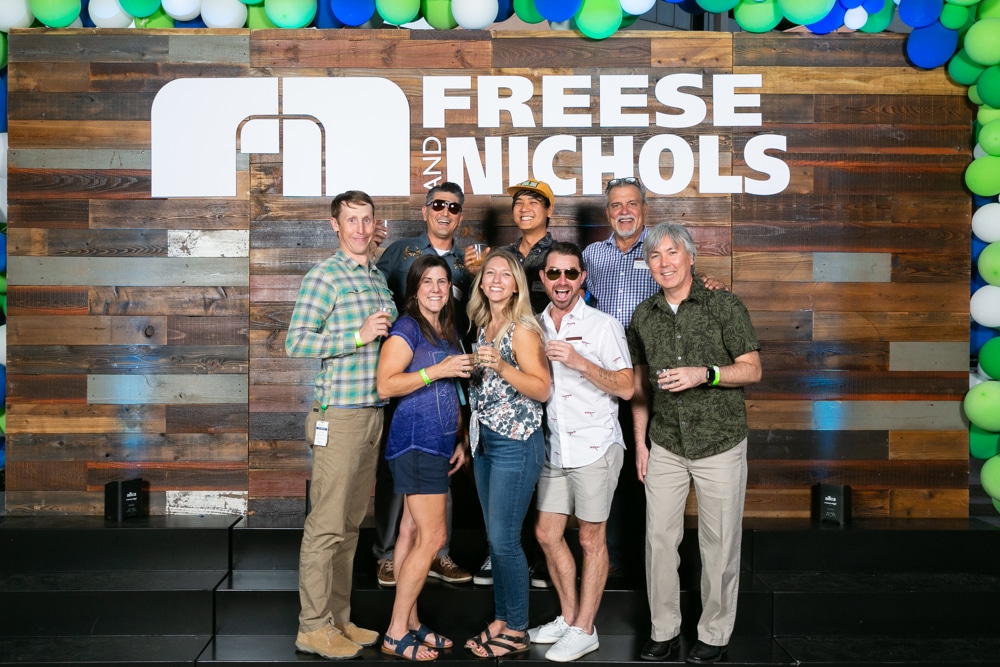
What’s something people would be surprised to know about you?
I’m a pretty open book, so people probably know more about me than they need to! People outside of my team wouldn’t know that I was an endurance runner for more than 10 years. I’ve done 25 marathons and five ultras. I’m also an avid climber and have climbed all over the world (more than 10 countries).
What do you do for fun?
I like to be outdoors. I do a lot of hiking here on the greenbelt in Austin. I live down on the trails at Lady Bird Lake. Whether I’m on a bike, running, or just walking around, I like to be in nature.
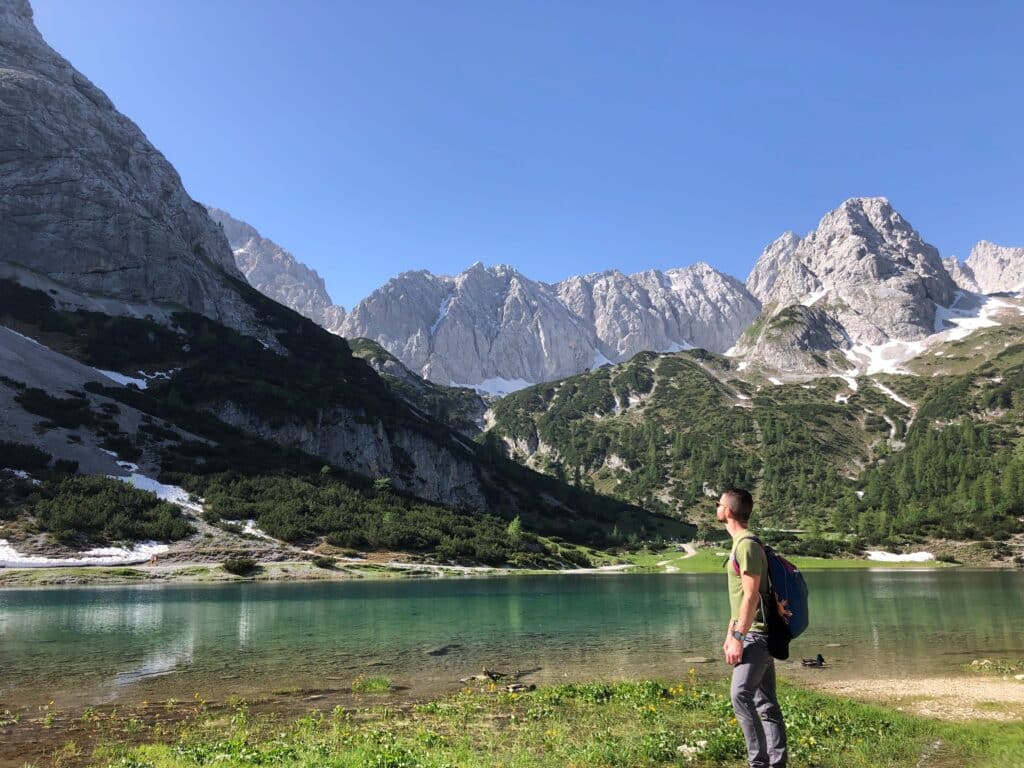
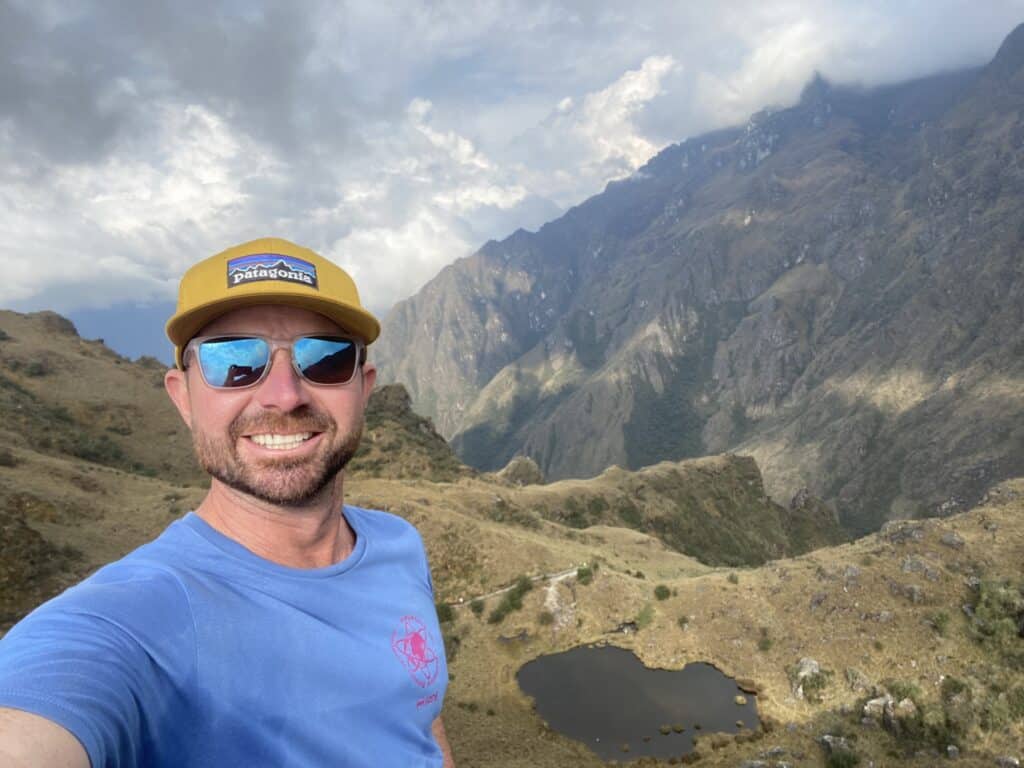
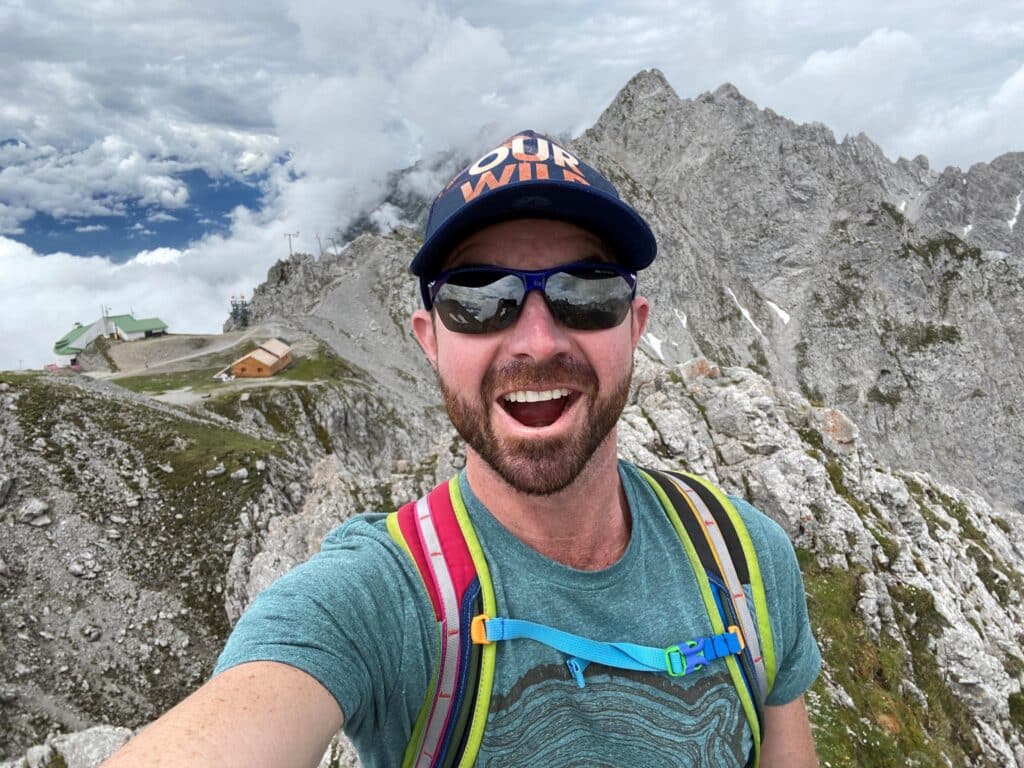
What’s your advice for young professionals trying to get into the industry?
Be adaptive. Never walk into the room or onto a project site assuming that you have a defined role. Yes, you might have some primary responsibilities, but you never know what life experiences might bring additional relevance to the conversation. The more that you engage with others in the field, and learn from their successes and mistakes, the more valuable you become. Sometimes the strongest member of the team is the one that is most adaptable to changing conditions, which happens all of the time in this field.
What’s your big picture goal for your career?
I definitely see my future work being here at Freese and Nichols. I joke around with my team all the time saying they’re never going to get rid of me because I feel like I’ve found my tribe here, which is important to me. I’m grateful to work for a talented team. As Freese and Nichols continues to grow, I look forward to the opportunity to one day grow my own team and continue expanding the coastal and environmental practice at the firm.

